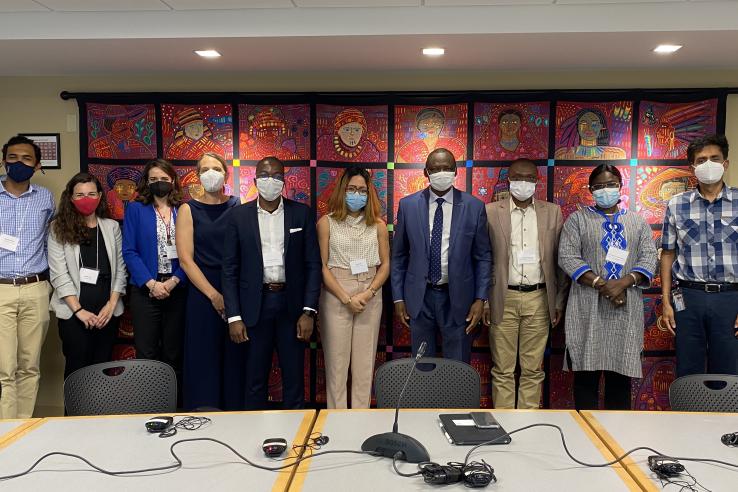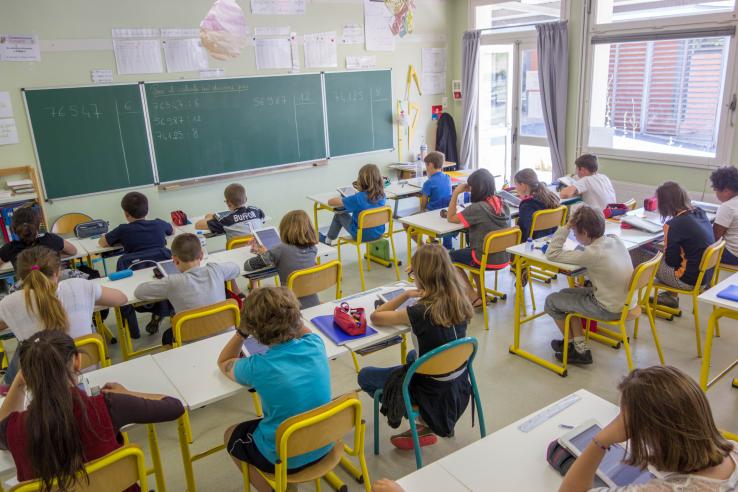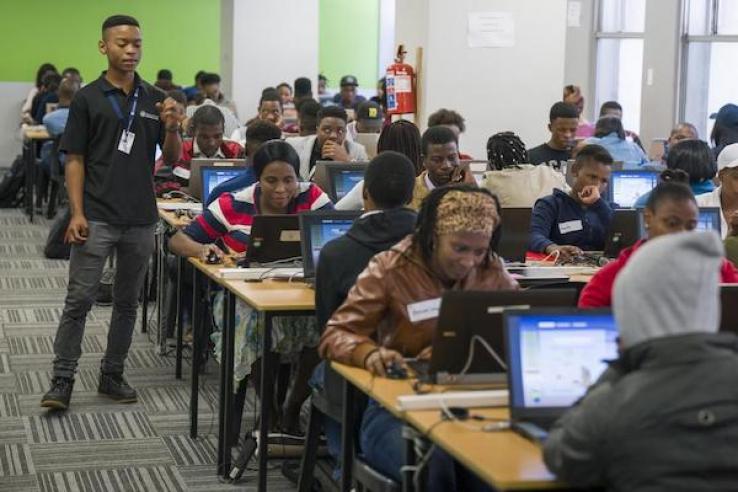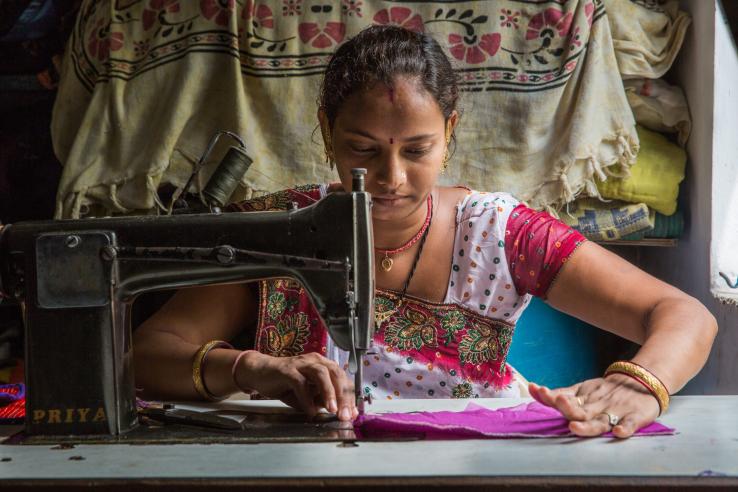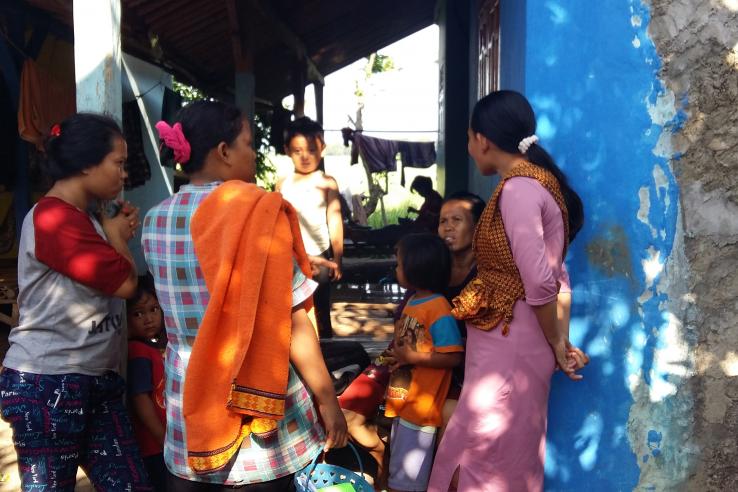Displaying 2491 - 2505 of 8489
Event
O webinar vai reunir a Chefe Executiva do J-PAL LAC, os três líderes acadêmicos da JOI Brasil, o Gerente da JOI Brasil e gestores de projetos que já foram apoiados pelo J-PAL para discutir: “Como projetos podem se beneficiar de avaliações de impacto rigorosas?”. O evento busca atrair potenciais...
Blog
Esther Duflo on the Nobel Prize, effective program interventions, and diversity in economics.
Event
Despite widespread support for policies and programs aimed at tackling discrimination, more research is needed to identify which strategies are effective and in which contexts. In this webinar, panelists will discuss the value of rigorous, interdisciplinary research to identify strategies for...
Resource
Basic page
Register for the Countering Discrimination: Generating Evidence and Policy Lessons from Across Disciplines webinar on October 25, 2021.
Blog
This September we reopened our doors to staff, bringing masked and vaccinated teams into the office on a rotating basis to ease social distancing. For the first time since March 2020, we also welcomed government officials to campus to discuss plans for establishing a human capital development hub in...
Resource
Basic page
The J-Stars award acknowledges the extraordinary efforts made by our staff worldwide who work toward fulfilling the mission of J-PAL.
Blog
One of the goals of COP26 is to mobilize climate finance, but funding alone cannot guarantee effective climate mitigation and adaptation strategies. Because technological and policy innovations do not always achieve their desired effects in the field, climate financing should be informed by real...
Event
This webinar explored the potential for education interventions to improve social inclusion at scale, with a focus on studies in partnership with education ministries from different settings across Europe.
Update
J-PAL Updates
J-PAL North America announces that Laura Feeney and Vincent Quan, who previously led the center’s research, training, and policy teams, are now serving as the new co-executive directors of the organization.
Blog
Read how J-PAL Africa and the Harambee Youth Employment Accelerator have partnered over the last three years to design, test, and scale job search tools to address South Africa's youth unemployment problem.
Blog
GEA has completed its second full funding round, supporting nineteen research teams to produce evidence that addresses critical knowledge gaps on what works to support women’s economic agency. Read about the funded projects.
Update
J-PAL Updates
In the November 2021 Newsletter, we highlight ideas around how climate finance can support evidence generation, three key lessons on informing policy with evidence in Africa, and evidence for medical debt relief.
Resource
Basic page
Blog
In the second installment of the IFII blog series, we discuss the importance of applying a gender lens to measuring impact and share practical considerations for measuring empowerment.
Evidence to Policy Case Study
Case study
J-PAL staff and affiliates contributed to the creation of the Office of Evaluation Sciences (OES) to improve the capacity of US federal agencies to build and use rigorous evidence and continue to partner with OES to aid this mission.



